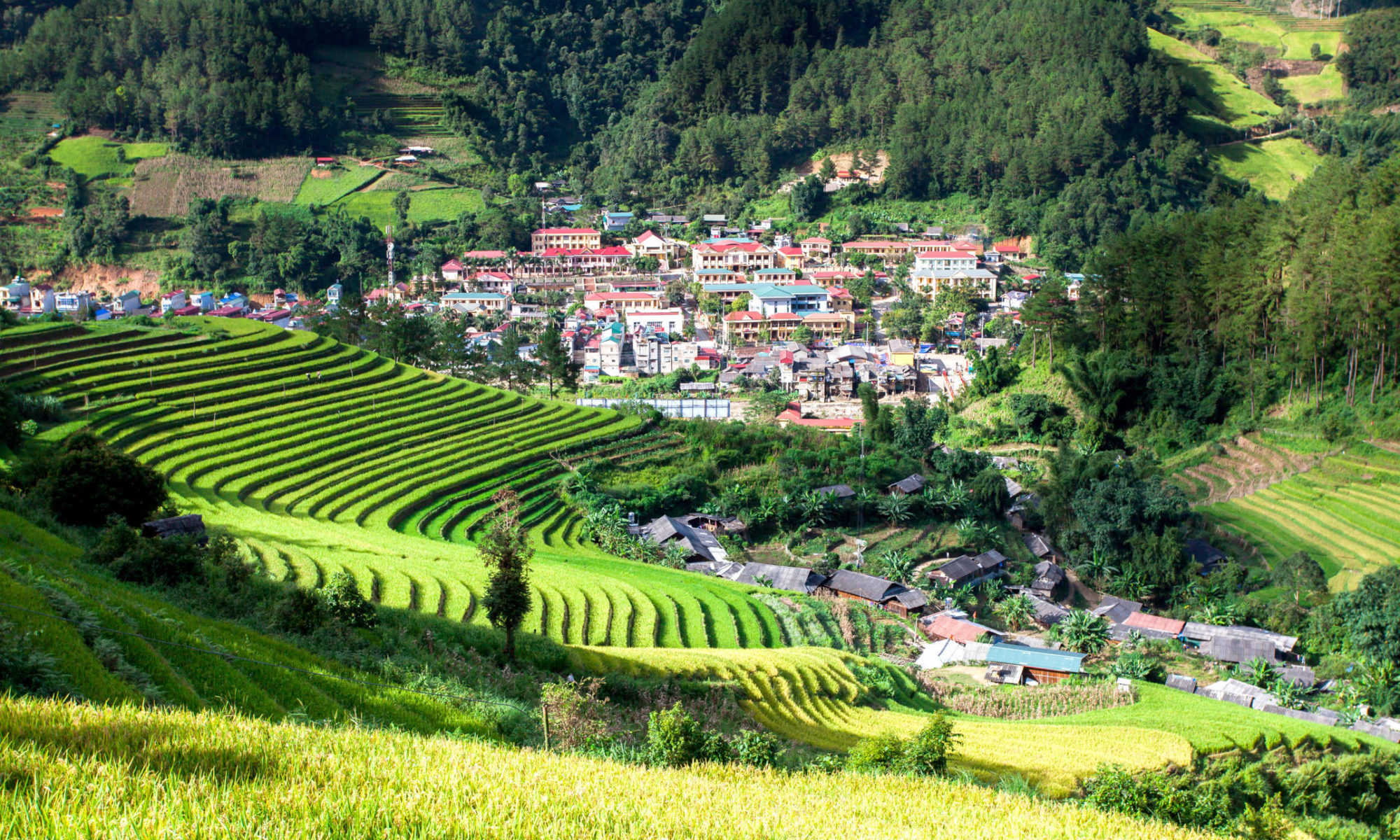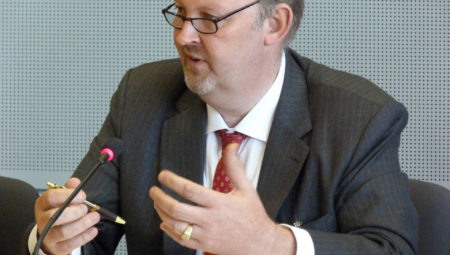‘At the time we started as B-Basic with research on how you could convert biomass into promising products. But that is not enough, of course. With the transition to BE-Basic in 2010, the focus switched to the implementation of sustainable biobased solutions in society. This has a major international dimension that we now target explicitly.’
One of the basic principles, according to Van der Wielen, is that the biobased economy starts with the feedstock. ‘If, for example, you look at the energy needs and the scale of the chemical industry, then you see that the Netherlands is already far too small to meet the demand itself. That is why we are looking at raw materials internationally.’
In addition, BE-Basic has had an international character right from the start. ‘Whether you talk about big industry, the multinationals, small and medium-sized enterprises or the academic partners, they all move in a global network. So it is only logical that you look for business opportunities along those lines.’
BIG-C
Inevitably some focus has to be applied when the whole world is the playing field. Van der Wielen: ‘We are too small to be everywhere at once. Nor can you make a difference in all regions.’ BE-Basic determined where it could make a difference, by using the SCOPE reports that map out the global opportunities and threats for sustainable development. SCOPE (Scientific Committee on Problems of the Environment) is a global network of scientists affiliated with UNESCO and UNEP. BE-Basic participates in this network.
With a chemical cluster that stretches through the entire Rhine-Scheldt Delta, it seems obvious to implement projects together with parties from Belgium (Flanders) and Germany (North Rhine-Westphalia). That is why BIG-C, the BIO-Innovation Growth mega-Cluster, was established in 2014 together with the neighbouring countries. The emphasis in this breeding ground for international biobased innovation and valorisation is on bio-aromatics, C1 chemistry and fuels for aviation, shipping and heavy road traffic.
New enzymes
Another focal point is Brazil, which has a considerable biobased industry. BE-Basic has had an office there in Campinas for years and is involved in the Agropolo public-private consortium that wants to accelerate the development of the bio economy. ‘The focus is shifting from the production of sustainable end products to the use of residual flows. With BE-Basic we can make a major contribution to this and it provides opportunities to our partners,’ according to Van der Wielen.
In Asia, BE-Basic especially has a strong presence in Vietnam. There the attention is focused on the processing of rice hulls, the husk of the rice grain. This is still often incinerated as waste, but has the potential for an important feedstock. ‘Technically it is difficult to use for fuels and chemicals, so there is a big challenge there,’ says Van der Wielen. The choice for Vietnam is also motivated by the unique biodiversity in that country. This offers opportunities for discovering new unknown enzymes, which can open up new conversion routes as biocatalysts. BE-Basic is collaborating on this with the Vietnamese Academy of Science and Technology.
Opportunities overseas
All these projects across the border might raise questions. After all, BE-Basic is partly financed under the top sector policy (via the Top Consortia for Knowledge and Innovation, TKIs). This concerns support aimed at boosting the Dutch economy. Luuk van der Wielen explains: ‘It is a fallacy to think that this means concentrating on Dutch projects only. On the contrary, we would be using those funds poorly if we did not make any use at all of the leverage effect of the international perspective. The opportunities for the Netherlands are not necessarily only found on Dutch soil! For a successful commercial roll-out of new technology, you definitely need to look beyond borders. That is why we offer our industrial partners, small and large, the possibility of gathering clout on a global level. Furthermore, a large part of the Dutch capital flows goes overseas. Worldwide, the Netherlands is one of the largest investors. So it is no more than logical that we also go down that path, as far as the biobased economy is concerned.’



